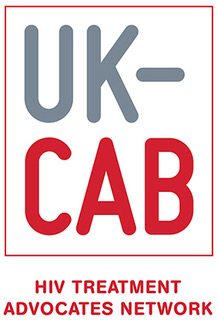Transition is defined as ‘a purposeful, planned process that addresses the medical, psychosocial and educational/vocational needs of adolescents and young adults with chronic physical and medical conditions as they move from child-centred to adultorientated healthcare systems. [136]’ The UK National Service Framework (NSF) sets clear recommendations for transitional care supported by a wealth of Department of Health (DoH) guidance and resources. In contrast, transfer is the physical event of the young person moving from paediatric to adult services and, if unsupported, has been associated with increased morbidity and mortality.
Different models of transition exist with no superior model identified and the model chosen is determined by the patient group, available resources and geographical setting. Evidence suggests a documented transition programme with a person-centred individualised approach. Meeting the adult team prior to transfer enhances attendance, reduces morbidity and improves patient and carer satisfaction. Individualised transition plans are required that are appropriate for age, developmental stage and social circumstances as the young person moves from paediatric to adult care.
